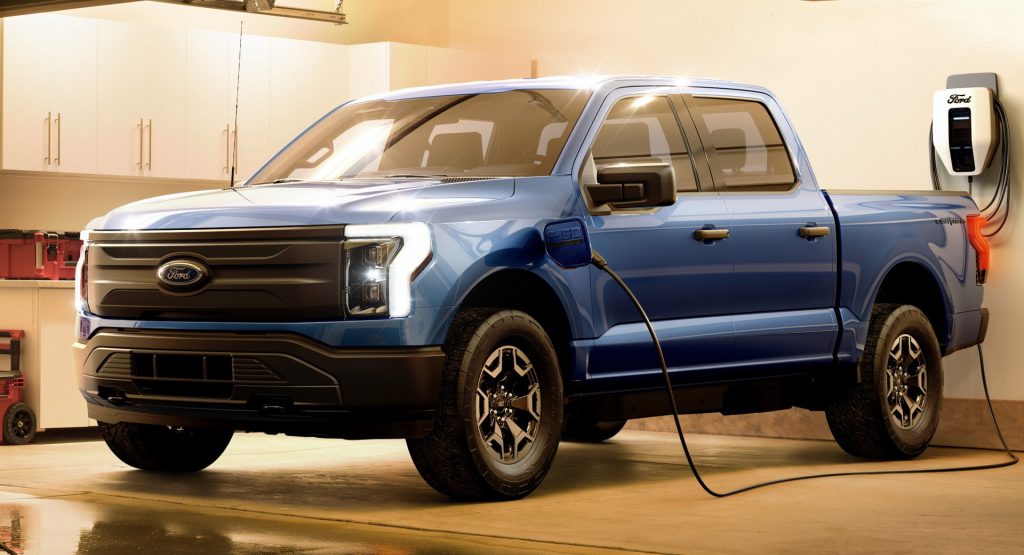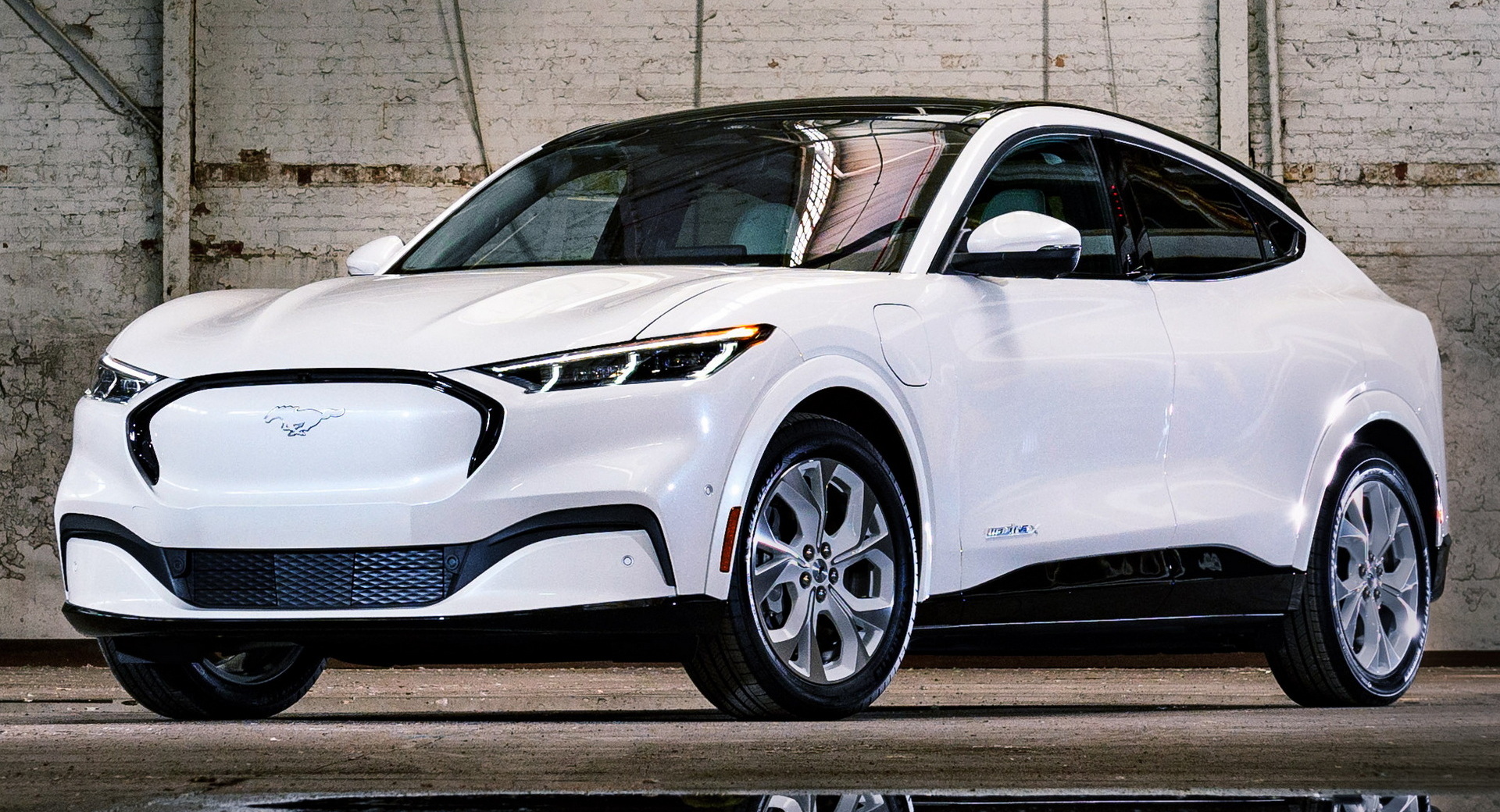We’ve known for a long time now that the switch to EV power is underway, and that a tipping is coming. Various countries have announced plans to end the sale of ICE machines within the next 10 years, and even in the places where you will still be legally able to buy a gas-powered car after 2030, it’s going to be much harder because many car companies from Volvo to Mini won’t be making them anyway.
Still, despite almost every major new car we write about having some kind of EV or hybrid angle, 2030 or 2035 can sound like a long way off. But maybe it isn’t. Maybe we’ve already reached the tipping point and that switch to electric power has gathered pace far quicker than we anticipated.
A recent article by The Atlantic stops short of unequivocally declaring that we’ve hit an inflection point in the adoption of electric cars, but lays out plenty of evidence to suggest that’s exactly what’s happening.
First of all it highlights figures from S&P Global that say EVs and PHEVs will account for 9 percent of global car sales this year, a massive jump from 3 percent two years ago. We also know that EVs outsold diesels in Europe this year for the first time ever.
Related: Tesla Delivered A Record 241,300 Vehicles In The Third Quarter
One of the countries leading the push to electrification is Norway, which is outlawing the sale of ICE cars in 2025, five years ahead of other countries like the UK. But according to the Norwegian Automobile Federation’s magazine, Motor, consumers are switching from conventional cars to electric alternatives at such a rate the country might sell its last gas-powered car as soon as April 2022.
And then there’s Ford’s recent announcement that it was joining forces with South Korean battery manufacturer SK Innovation to spend $11.4 billion on two new multi-factory centers in Tennessee and Kentucky to make batteries and electric trucks.
That’s a big investment, though its dwarfed by the amounts of money rival carmakers are putting into EVs. Honda is committing $46 billion and Volkswagen, $60 billion. In total the car industry will spend more than $500 billion on EVs by 2030. Rest assured, 2030 is going to be here before we know it, and maybe it’s closer than the calendar suggests.









